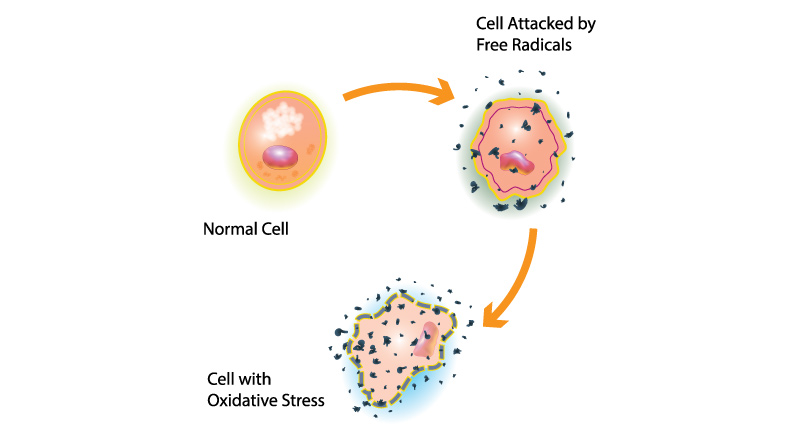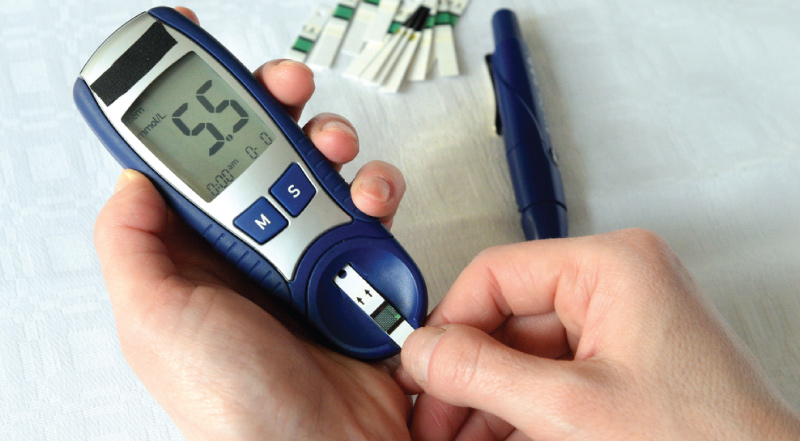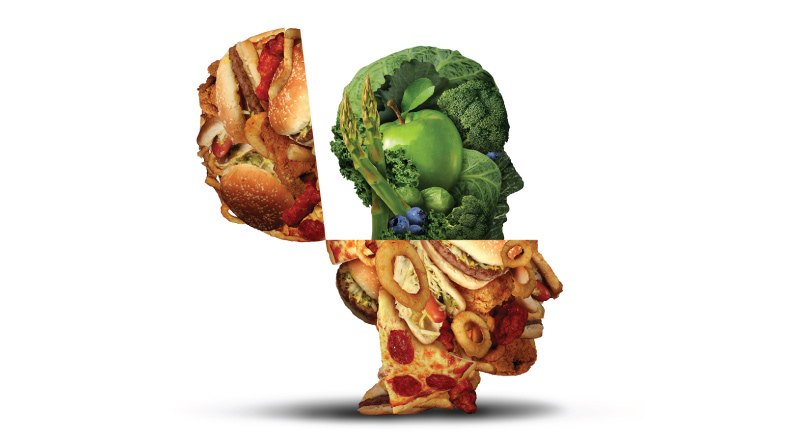
Pre-register now
Get notified once StepChain is available
and benefit from 1,000 STEP points
and benefit from 1,000 STEP points

.jpg)
Intermittent fasting is a new concept in the world of fitness. It consists of prolonged fasting hours (usually between 14 and 18) and in the remaining hours, the patient is allowed to eat. It has proven in many cases to be beneficial and helped losing weight. So should you try it? The following are the pros and cons of intermittent fasting that will help you decide whether this diet is good or bad for you.
Let us start with the pros:

1. Changes the function of genes, cells, and hormones
Many changes happen in your body when you are fasting. Your insulin levels could decrease helping your body to burn fat better. The level of growth hormone in your blood can increase helping not only in burning fat but also in building muscles. Furthermore, the body starts a process of cellular repairs to make them healthier. Genes and molecules that are linked to longevity and defense against disease experience a significant change.

2. Helps you lose belly fat
During intermittent fasting, you eat fewer meals. This enhances hormone function facilitating weight loss due to the rise of the breakdown of body fat and facilitating its use for energy. In other words, it increases your metabolic rate while reducing the number of calories consumed which results in weight and belly fat loss.

3. Reduces oxidative stress in the body
Oxidative stress leads to many chronic diseases as well as aging. It involves free radicals, which react with molecules such as protein and DNA and damage them. Some studies show that intermittent fasting has the ability to enhance the body’s resistance to oxidative stress. Other studies have proved that during intermittent fasting, inflammation in the body decreases.

The cons of intermittent fasting
1. It might lead to low blood sugar
People with diabetes are recommended to stay away from intermittent fasting, and this is because hypoglycemia or low blood sugar is said to be one of its side effects, even for non-diabetics. Hypoglycemia is triggered by skipping meals and not eating enough and can make you have nausea, feel dizzy and shaking.

2. It is not a good way to create mindful habits
While this type of diet can help you stop midnight snacking, it is not helpful to create mindful eating habits. You stop thinking about whether you are hungry or not, and you will eat just because in a few hours you won’t be able to do so anymore. Every day has different needs regarding eating, sleeping, exercising and other actions that have the ability to affect your appetite, therefore, it is healthier to listen to your body rather than impose something on it.

3. Can lead to digestion problems
Usually, digestion problems are associated with high amounts of food consumed. Therefore, imagine the digestion problems you will face if you consume all the calories you are allowed to consume during one day, in 6 to 8 hours? These problems can result in cramping, bloating and abdominal pain.
2 Comments
EVEREST MOSS
GUILLERMO MANNING